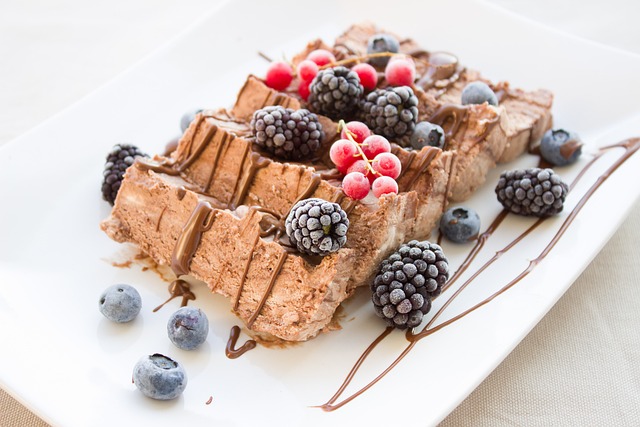Blog – Beyond Yogurt: Surprising Probiotic Foods You Need in Your Diet
Probiotics are live bacteria and yeasts that are beneficial for our health, especially for our digestive system. While yogurt has long been hailed as the go-to source for probiotics, there are many other surprising foods that can provide you with a dose of these beneficial microorganisms. In this blog post, we will explore some lesser-known yet highly nutritious probiotic-rich foods that you should consider incorporating into your diet.
Sauerkraut
Sauerkraut is a type of fermented cabbage that is typically made by finely shredding fresh cabbage and fermenting it with salt. The fermentation process allows the growth of beneficial bacteria that help convert the sugars in cabbage into lactic acid. This not only enhances the flavor but also preserves the nutrients in cabbage. Sauerkraut is a great source of probiotics and contains various strains of bacteria, including Lactobacillus and Leuconostoc. It can be enjoyed as a condiment or added to dishes such as salads, sandwiches, and sausages.
Kefir
Kefir is a fermented milk drink that is similar to yogurt but with a thinner consistency. It is made by fermenting milk with kefir grains, which are a combination of lactic acid bacteria and yeast. Kefir contains a diverse range of probiotics, including Lactobacillus kefiri and Saccharomyces kefir. It is not only packed with beneficial bacteria but also rich in vitamins, minerals, and essential amino acids. Kefir can be enjoyed on its own, blended into smoothies, or used as a base for salad dressings and dips.
Miso
Miso is a traditional Japanese seasoning made by fermenting soybeans with salt and a type of fungus called koji. The fermentation process can take anywhere from a few weeks to several years, resulting in different colors and flavors of miso. Miso is not only a great source of probiotics but also rich in essential nutrients such as vitamins, minerals, and antioxidants. It is commonly used in soups, marinades, and dressings to add a savory umami flavor to dishes.
Tempeh
Tempeh is a traditional Indonesian food made from fermented soybeans. It is created by a natural culturing and controlled fermentation process that binds soybeans into a firm cake-like form. The fermentation process not only increases the digestibility of soybeans but also produces beneficial bacteria. Tempeh is a good source of probiotics and is also rich in protein, fiber, and various vitamins and minerals. It has a nutty flavor and can be used as a meat substitute in various dishes such as stir-fries, burgers, and stews.
Kimchi
Kimchi is a Korean side dish made from fermented vegetables, most commonly cabbage and radishes. It is made by salting the vegetables, adding seasonings like chili flakes, garlic, ginger, and fermenting them in a tightly-sealed container. Kimchi is not only a delicious addition to meals but also rich in probiotics. It contains lactic acid bacteria like Lactobacillus plantarum, which helps promote good gut health. Kimchi can be enjoyed on its own or used in various dishes like stir-fries, rice bowls, and soups.
Greek Yogurt
Although we are discussing probiotic-rich foods beyond yogurt, Greek yogurt deserves a mention due to its high probiotic content. Greek yogurt is strained more extensively than regular yogurt, leading to a thicker and creamier texture. It contains strains of beneficial bacteria, including Lactobacillus acidophilus and Bifidobacterium bifidum, which contribute to a healthy gut. Greek yogurt can be eaten on its own, used as a topping for granola or smoothie bowls, or incorporated into baked goods like muffins and cakes.
Conclusion
Incorporating probiotic-rich foods into your diet is a great way to support your gut health and overall well-being. While yogurt is a popular choice, don’t limit yourself to just one source







